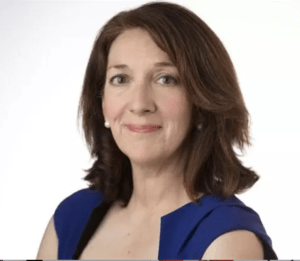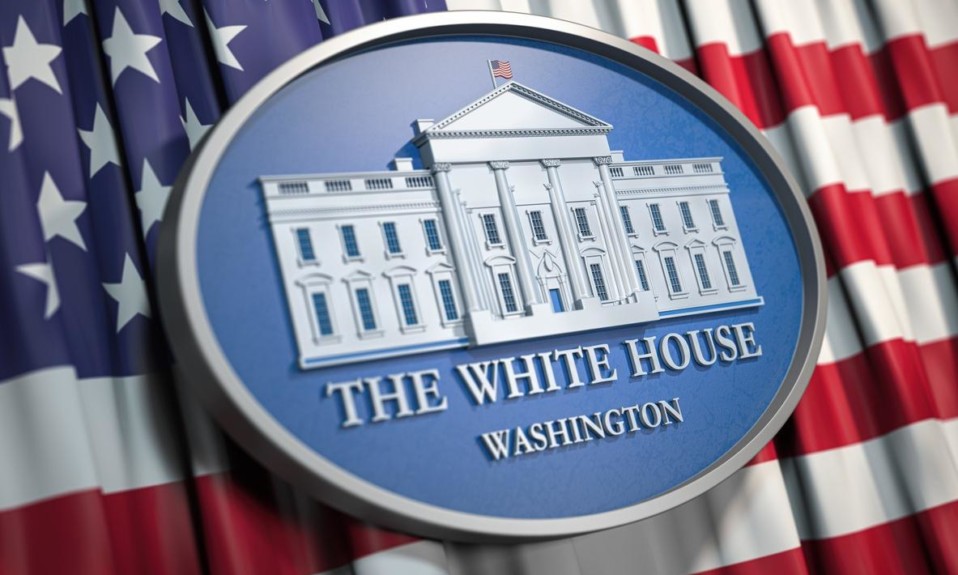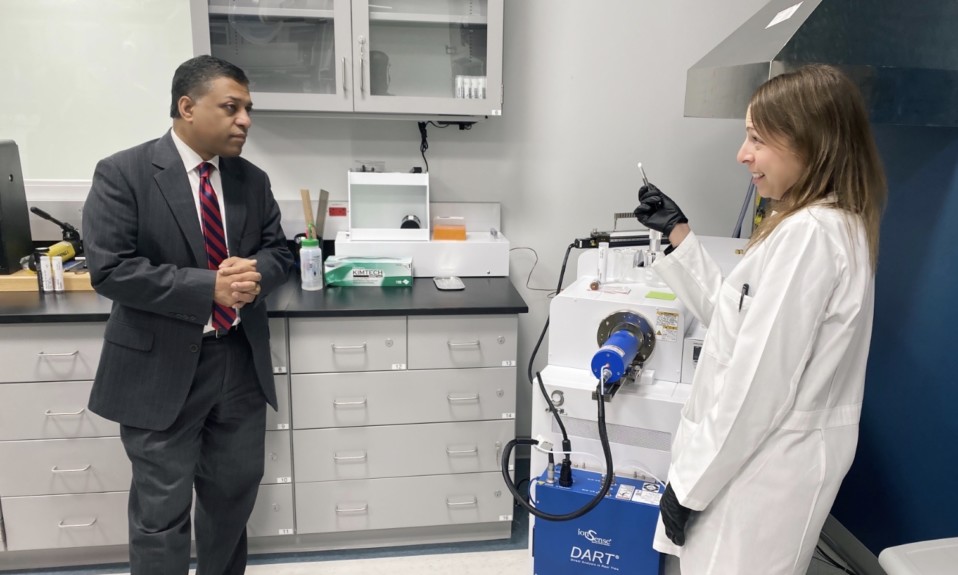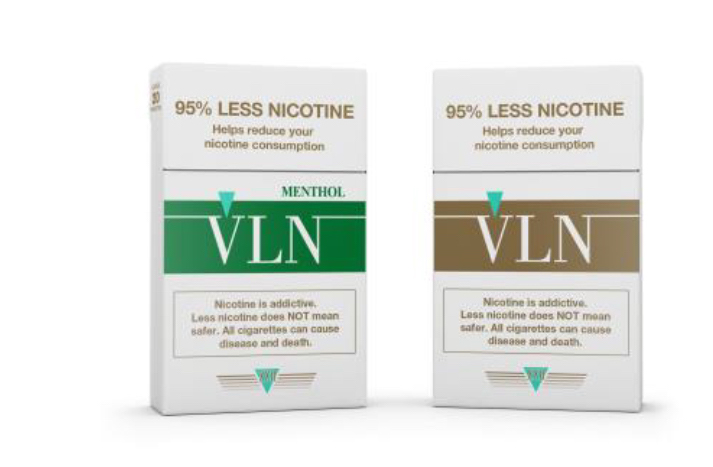As it staffs up with respected SUD professionals, the White House Office of National Drug Control Policy places special emphasis on harm reduction and racial equity in addiction treatment
By William Wagner
February 9, 2021The Biden administration’s White House Office of National Drug Control Policy (ONDCP) now has a plan and key personnel in place. From here, it’s a matter of doing some good with those moving parts.
Last week, new appointments—two bringing first-hand experience and empathy to the job, having battled addiction themselves—joined acting director Regina LaBelle, chief of staff Mario Moreno and associate director of legislative affairs Anne Sokolov in the ONDCP. The office also laid out its initial areas of focus, including two welcomed by many in the professional treatment community: harm reduction and racial equity, which are at the forefront for the first time in the ONDCP’s 31 years of existence.
[M]ounting rates of overdose deaths and untreated addiction are significant challenges. I’m honored to serve in the Biden-Harris administration with this incredible group so we can get to work to improve outcomes for the American public and support drug policies rooted in science and evidence to build back better.”—Regina LaBelle, acting director, Office of National Drug Control Policy
LaBelle stressed that science will dictate the office’s substance use disorder (SUD) policies. “[M]ounting rates of overdose deaths and untreated addiction are significant challenges,” LaBelle said in a news release. “I’m honored to serve in the Biden-Harris administration with this incredible group so we can get to work to improve outcomes for the American public and support drug policies rooted in science and evidence to build back better.”
The ONDCP Action Plan
The ONDCP is coming out of the gate with a five-point plan:
Workforce: This initiative is two-pronged: (1) making workplaces more recovery-friendly and (2) expanding the ranks of the addiction treatment workforce.
Racial equity: Especially during the past year, racial inequities in medical care and society in general have been seared into the public consciousness. Along those lines, the Biden administration plans to meet systemic racial inequities in U.S. drug policy head on.
Prevention: The most effective way to combat addiction is to stop it from occurring in the first place. Through measures such as education and stemming the flow of illicit drugs into the United States, the ONDCP will attempt to make strides in achieving that goal.
Harm reduction: Aimed at lessening the negative consequences from drugs and alcohol, harm reduction has gained traction in clinical circles over the past several years. The ONDCP is intent on incorporating harm reduction into its evidence-based addiction treatment strategies.
Treatment: Improving access to addiction care is critical, and among the ONDCP’s priorities on this front is to ease restrictions on medications that treat opioid use disorder (OUD).
“We are encouraged by this announcement by the Biden administration and to see that the Office of National Drug Control Policy, for once, has an agenda that seems to be more focused on public health and curbing the overdose crisis—which has been exacerbated by the pandemic—than failed interdiction efforts,” Kassandra Frederique, executive director of the nonprofit Drug Policy Alliance (DPA), said in a news release. “The priorities, and Biden picking people with personal experience and public health backgrounds to lead them, reflect much of what we have been urging them to prioritize, such as racial equity, harm reduction and lifting barriers for people to access medication for opioid use disorder.”
Meet the ONDCP Team
More appointments are in the offing, but here’s a snapshot of what the ONDCP staff looks like so far.

Regina LaBelle, acting director: LaBelle, who was sworn in on Inauguration Day, brings a high level of expertise to her position. Among other endeavors, she headed up addiction and public policy initiatives at Georgetown University and was part of senior leadership in the ONDCP during the Obama administration. She is particularly well versed in the ravages of the opioid epidemic.
Mario Moreno, chief of staff: Having served as press secretary of the ONDCP from 2015 to 2017, Moreno knows his way around the organization. His past work also includes contributing to research and advocacy initiatives involving fentanyl trafficking and organized crime in Mexico.
Anne Sokolov, associate director of legislative affairs: Not surprisingly, given her title, Sokolov hails from the legislative branch. She logged over a decade of experience in the House of Representatives, most recently as chief of staff for Max Rose (D-N.Y.).
Ariel “Air” Britt, associate director of outreach: Regular readers of TreatmentMagazine.com might recognize Britt; we profiled her in December 2020. Before joining the ONDCP, she served as a senior director at the Denver-based SAFE Project (Stop the Addiction Fatality Epidemic). Britt is in addiction recovery and shared that experience in her award-winning podcast Beauty in the Grit. “I’m eager to be part of an amazing team that’s committed to looking at addiction as a public health crisis and using that to form policies,” she told TreatmentMagazine.com.
Tom Hill, senior policy analyst: A gay man in long-term addiction recovery, Hill has been a recovery advocate since 1998. He was the senior advisor on addiction and recovery at the National Council for Behavioral Health prior to being appointed to the ONDCP and also worked at the Substance Abuse and Mental Health Services Administration (SAMHSA) during the Obama administration.
Robert Kent, general counsel: Kent’s long record of service includes being the general counsel for the New York State Office of Addiction Services and Supports (OASAS), where he spearheaded efforts to enact the state’s Heroin and Opioid Task Force recommendations. He’s regarded as an expert on the addiction system of care.
All of this, of course, is merely the first step in a daunting road ahead for Biden’s ONDCP. Said Moreno, “While our nation grapples with the COVID-19 pandemic, we must also face the addiction and overdose epidemic that affects communities all over the country.”
Photo: Bete_Noire














